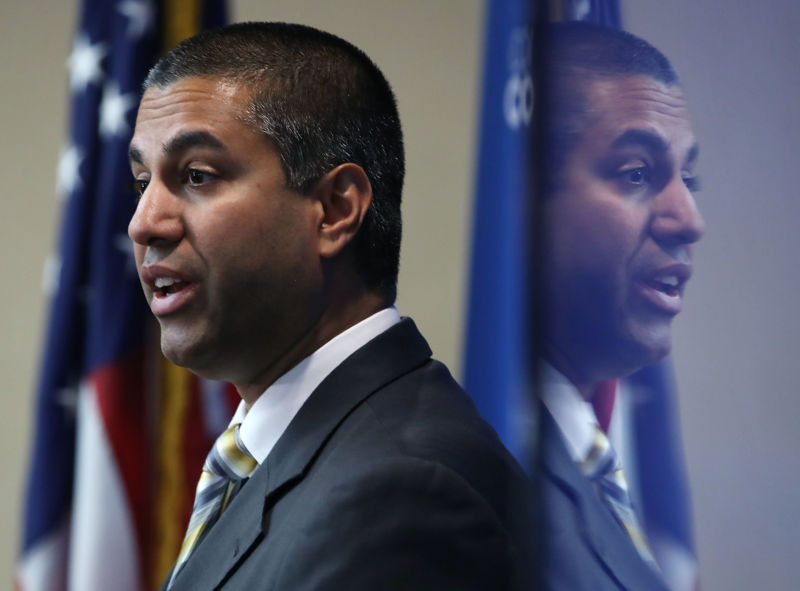The art of copyright trolling is completely artless. There’s no subtlety to it. Flood federal courts with filings against Does, expedite discovery requests in hopes of subpoenaing a sue-able name from a service provider, shower said person with threats about statutory damages and/or public exposure of their sexual proclivities, secure a quick settlement, and move on.
It doesn’t always work. At the first sign of resistance, trolls often cut and run, dismissing lawsuits as quickly as possible to avoid having to pay the defendant’s legal fees. This isn’t anything new. And there are very few courts left that treat the rinse/repeat cycle as novel. Judges are calling trolls trolls with increasing frequency and more than a few trolls and their legal representation have turned to theft and fraud to make ends meet.
Via Fight Copyright Trolls comes another decision where a porn-based copyright troll is getting its financial ass handed to it by a federal judge. Strike 3 tried to dismiss a lawsuit when it became obvious it couldn’t prove infringement, opting for a voluntary dismissal without prejudice in hopes of dodging a bill for legal fees. It didn’t work.
After some discussion of the technical aspects of Strike 3’s aborted discovery attempt — which involved Strike 3’s experts failing to find evidence of infringement on the defendant’s hard drive — the court gets down to the business of cutting the troll off at the knees to prevent it from escaping the costs of its bogus litigation.
The court [PDF] says Strike 3 can’t have everything it wants — the cake, the celebratory disposable plate, the opportunity to consume the cake at its leisure, etc. Arguing that this is cool because some other troll tried it doesn’t impress Judge Thomas Zilly.
Unlike in LHF Productions, in which an alleged BitTorrent user’s counterclaim for a declaration of non-infringement was dismissed as moot in light of the plaintiff’s dismissal with prejudice of the underlying copyright infringement claim, in this matter, Strike 3’s voluntary dismissal was without prejudice, see Notice (docket no. 53), and in contrast to the plaintiff in Crossbow, Strike 3 has not provided any covenant not to sue. Indeed, not only has Strike 3 preserved its ability to pursue further litigation against John Doe, it has indicated that it will not consent to a declaration of non-infringement unless John Doe is precluded from receiving attorney’s fees and costs and Strike 3 is explicitly permitted to bring copyright infringement claims against John Doe’s son.
Then the court quotes another case involving yet another copyright troll (Malibu Media) to shut down Strike 3’s “heads we win, tails you lose” exit strategy.
In essence, Strike 3 is attempting to thwart John Doe’s efforts to obtain attorney’s fees and costs by, on the one hand, refusing to dismiss its Copyright Act claim with prejudice and thereby denying John Doe “prevailing party” status, while on the other hand, deploying its dismissal without prejudice as a jurisdictional shield against John Doe’s declaratory judgment claim. The Court will not permit Strike 3 to use such “gimmick designed to allow it an easy exit… [now that] discovery [has] reveal[ed] its claims are meritless.”
The court is going to hand the defendant the victory, as well it should. The burden of proof for infringement rests on the accuser and Strike 3 failed to show any infringement occurred. Since Strike 3 can’t prove this — and its attempt to dismiss the case makes it clear it has no intention of proving infringement occurred — the defendant’s declaration of non-infringement is the default winner.
Consistent with Strike 3’s lack of proof of copying, John Doe’s expert has indicated that John Doe’s computer does not contain any of the motion pictures described in Exhibit A to the Complaint. No genuine dispute of material fact exists, and John Doe is entitled to judgment as a matter of law. John Doe’s motion for summary judgment is GRANTED, and a declaratory judgment of non-infringement will be entered.
Since Strike 3 lost — and engaged in a bad faith dismissal to dodge paying Doe’s legal fees — the defendant and his representation are getting almost everything they’ve asked for. That’s $ 40,000 in legal fees and $ 7,000 costs Strike 3 will have to pay for two years’ of failed litigation. But mostly Strike 3 paying because it tried to forfeit rather than take the L.
As the court notes, the tide of trollish litigation may be slowing, thanks to the Ninth Circuit’s Cobbler Nevada decision. It’s not over yet. This isn’t the last time we’ll see a troll light itself on fire in its haste to escape a losing lawsuit. But it’s enjoyable all the same.
Permalink | Comments | Email This Story
Techdirt.

